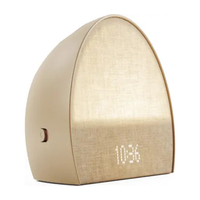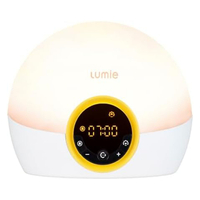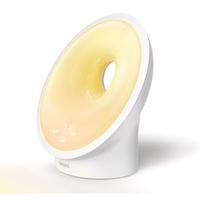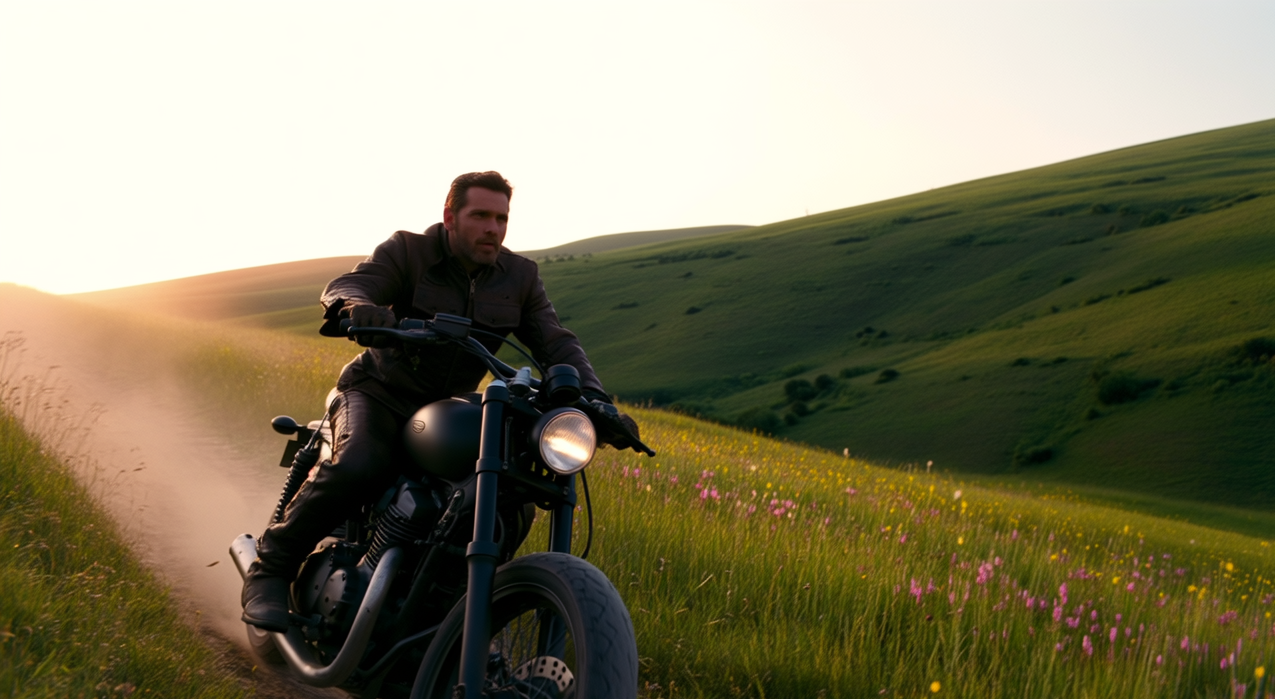How to wake up early on winter mornings and feel energized instead of tired
Tried and tested methods to help you wake up feeling energized
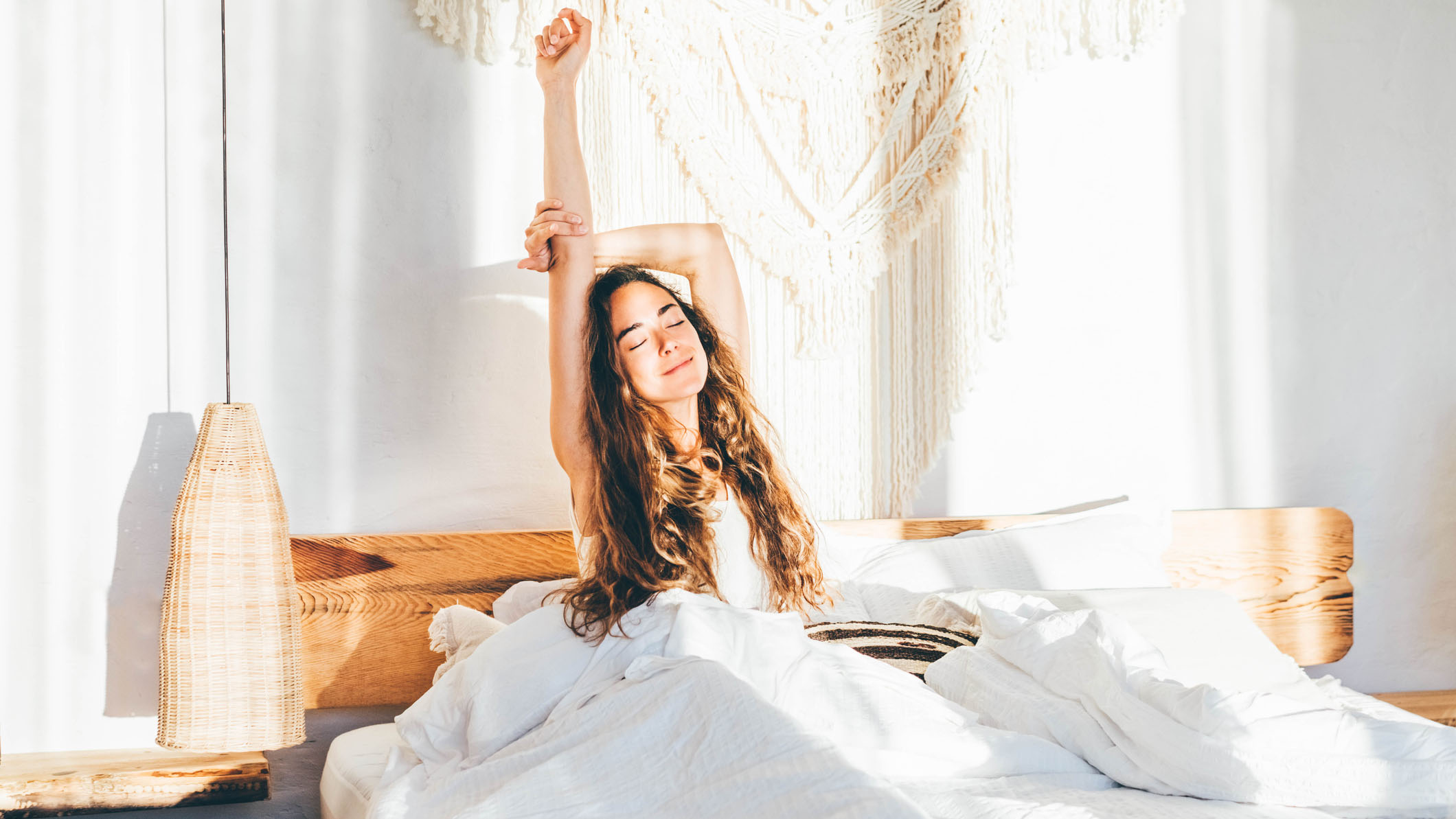
Learning how to wake up early in the morning and not feel tired is a skill, and something you can easily achieve as long as you have the right tools and tips to get you off to a flying start. Luckily, we've pulled them all together here so that you can spring out of bed all winter-long.
From downing a glass of water upon waking to finishing your warm morning shower with a blast of cold water, there are tried and tested methods to help you feel energized on dark winter mornings. So if you're finding it hard to beat the urge to hibernate in bed all day, help is at hand.
We'll also explain why it's often so hard to wake up on dark winter mornings, and how practicing good sleep hygiene can make all those earlier starts way easier to handle in the long-run.
Investing in the best mattress for your body and sleep needs can also help you wake up early and not feel tired, as a well-suited bed reduces all aches and pains and keeps you in that magic space between feeling comforted and supported. That means you sleep better at night, so you wake up feeling better rested.
Why is it so hard to wake up when you’re tired?
Have you ever woken up in the morning feeling disoriented, bleary-eyed and somehow even more tired than before? That groggy feeling is called sleep inertia, and it's our body’s way of telling us that we haven’t had enough sleep. This punch drunk feeling can last up to two hours.
Sleep inertia can seem worse in winter as darker mornings can make it doubly harder to drag yourself out of bed. Also, in winter our alarms are usually scheduled to wake us up before sunrise, which means there’s no sunlight to help our body clock stay on track — leading to us wanting to hibernate in bed.
How to wake up early in the morning and not feel tired
1. Place your alarm on the other side of the room
If your alarm clock or phone rests on your bedside cabinet, the option to dismiss it is literally within arm’s reach. All you have to do is reach out, hit the snooze button, and go back to sleep. Trying to get an extra five minutes or so can keep you in sleep inertia and make you feel increasingly groggy as your body tries to go back to sleep.
Sign up to get the BEST of Tom's Guide direct to your inbox.
Get instant access to breaking news, the hottest reviews, great deals and helpful tips.
Placing an alarm clock on the other side of the room, however, stops you from pressing the snooze button and instead gets you up to turn off the alarm. Walking to the other side of the room gets your blood moving, which wakes you up faster.
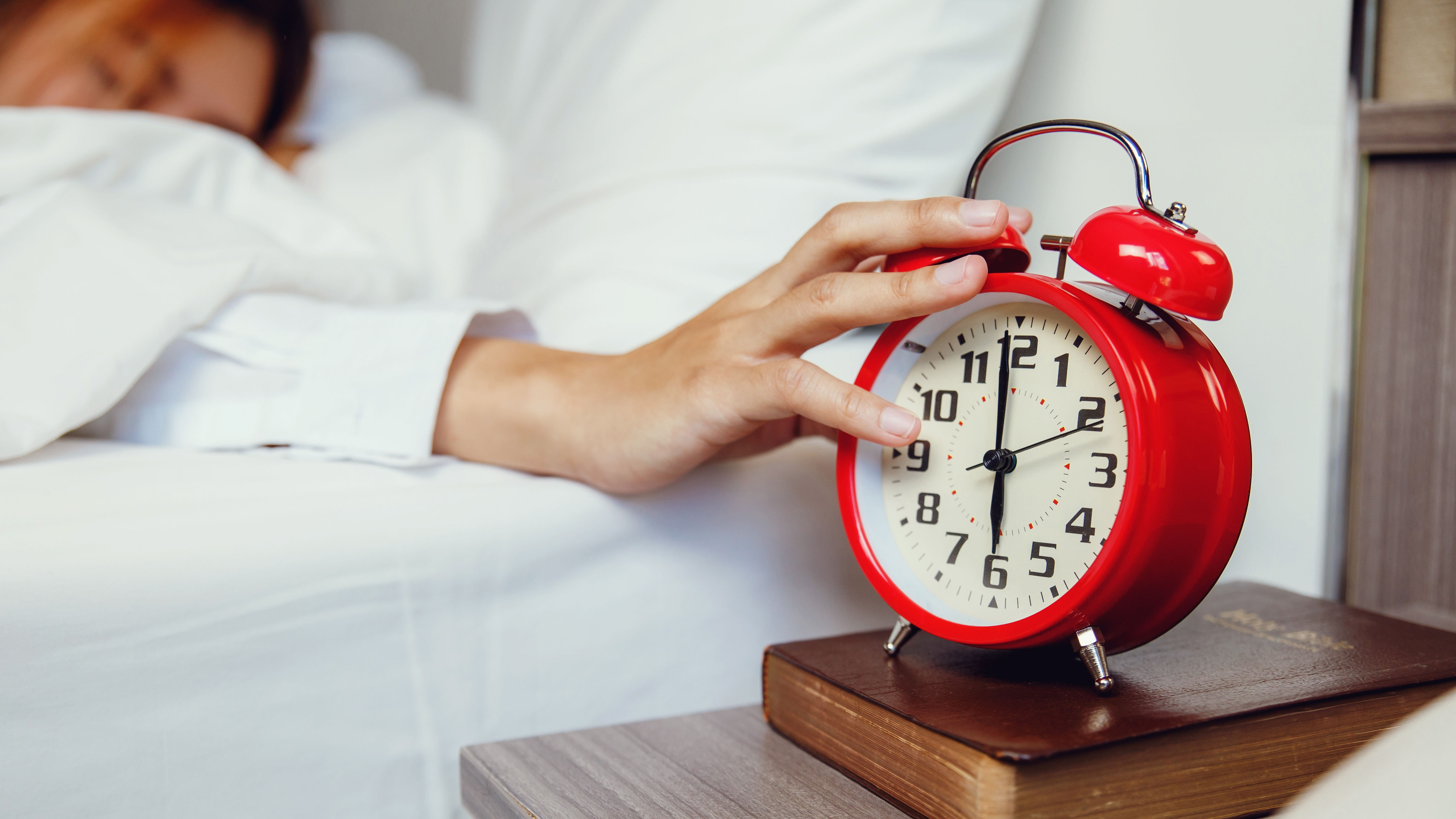
It’s normal not to feel totally energized after getting up, but try not to retreat back into bed. Instead, sit down for a minute until the grogginess passes. Also, make sure you can hear the alarm from the other side of the room, or else you run the risk of oversleeping.
2. Open the curtains and turn on a bright light
If you're wondering how to get up earlier during darker mornings, the key is to create more light. Humans are biologically wired to be awake when the sun is up and to be asleep when it’s dark — it’s the way our prehistoric ancestors functioned. According to a 2023 study , our circadian rhythm (i.e. biological clock) relies primarily on light to know that it’s daytime.
Another study found that cortisol (a hormone that controls how alert we are) is more intense when exposed to light, so you need to give your body plenty of cues that it’s daytime by using as much light as possible. Plus, experts say that getting natural sunlight each morning helps you to fall asleep at night, too.
Opening the curtains is a good way to expose yourself to natural light, but on dark winter mornings you may need to rely on artificial light. Turn on a bright light in your room as soon as your alarm beeps— it could be your main light or a bedside lamp that’s within reach when you wake up.
Alternatively, you could invest in a sunrise alarm clock to fill your room with artificial sunlight. This is especially helpful if you need to wake upwell before the late winter sunrise. However, if you share a room with someone who operates on a different sleep schedule, you could invest in a sleep mask that has a built-in sunrise alarm that won't disturb them. Recently, I tried the light-blocking Aura Smart Sleep Mask, and found its sunrise alarm to wake me up gently but effectively.
3. Drink water as soon as you wake up
It’s well established that drinking plenty of water (about 8 glasses) throughout the day is essential for staving off dehydration, but it can also help to make you feel more awake.
According to research conducted by Swansea University, staying hydrated helps to make you feel more alert, focused, and energized. So, drinking a glass of water as soon as you wake up can give you a hydro boost that will help you to feel refreshed and ready to start your day.
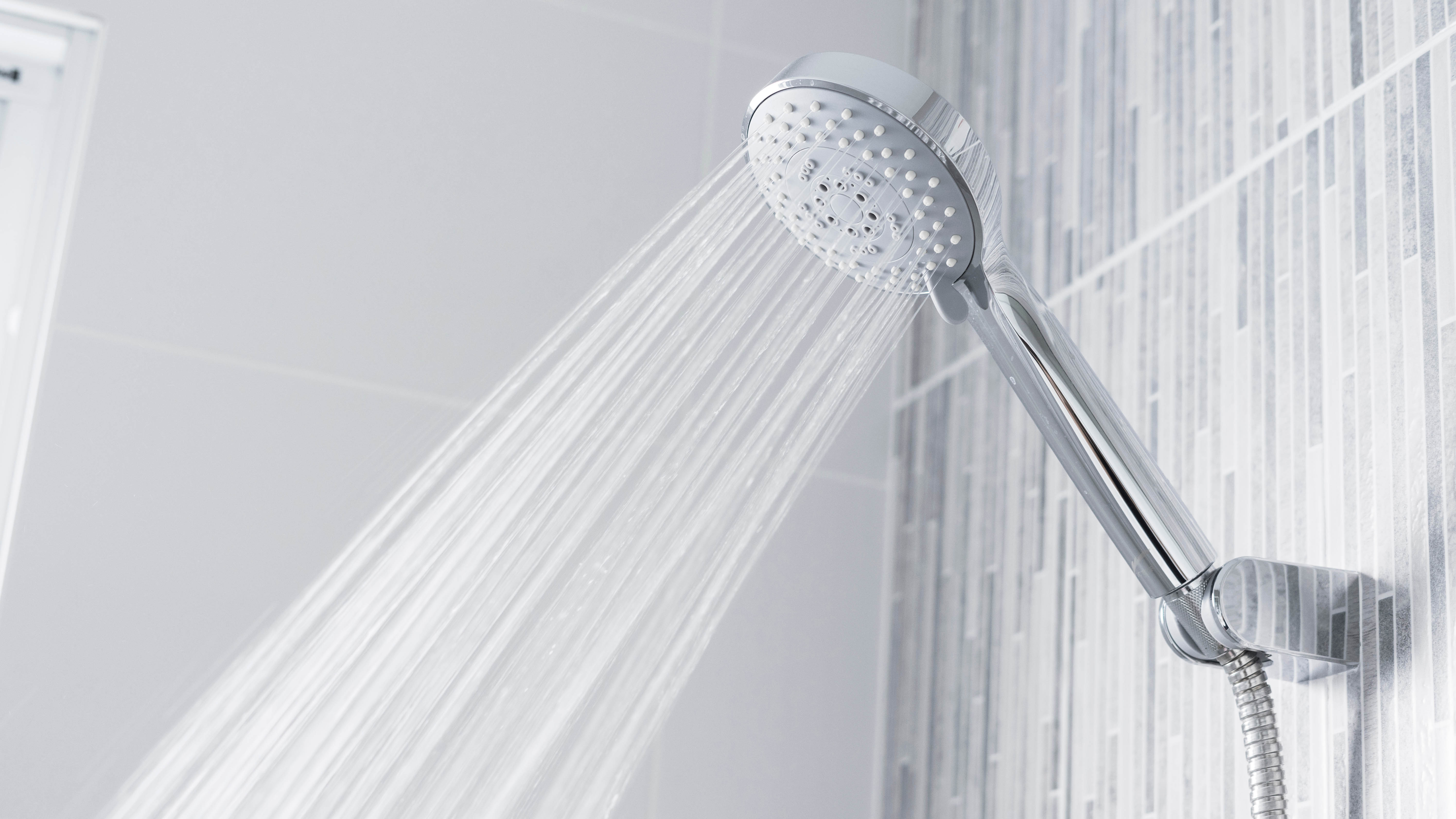
4. Take a warm shower, then a cold blast
While taking a cold shower first thing in the morning may sound refreshing on a hot summer’s morning, stepping under ice-cold water doesn’t sound too appealing in the middle of winter. However, you don’t have to start your morning shower with an arctic splash.
Instead, start your shower with warm water, which a 2014 study says can boost circulation to make you feel more awake, then finish with a cold shot of water. A cold blast is an excellent hard wake-up call to make you feel super alert.
In fact, a 2016 Dutch study found that those who finished their morning shower with a 30 to 90-second shot of cold water had higher energy levels and even took fewer sick days.
5. Eat breakfast soon after waking
It’s called the most important meal of the day for a reason. According to a 2014 study, skipping breakfast can significantly reduce energy levels and impair concentration and mental performance. Good food is fuel, so the earlier you eat, the quicker you’ll feel energized. Healthline suggests eating oatmeal, eggs, Greek yogurt, and fruit such as berries and avocados for a morning energy boost.
- Read more: Why you should join the 5am club and how to do it without losing sleep, according to a doctor
Can sunrise alarm clocks help you wake up early?
While conventional alarm clocks rely on an (irritating) sound to wake you up, sunrise alarm clocks wake you by using light to mimic daybreak. The clocks gradually brighten over time, which wakes you up in a much gentler way than a sudden beeping noise.
This artificial sunrise lets your circadian rhythm know that it’s daytime and increases your cortisol levels to make you feel more alert. We recommend using these alarms during the winter, when there’s very little sunlight in the morning and your biological clock still thinks it’s night time thanks to the dark sky.
In fact, these clocks are often used by pro-athletes on dark mornings when they need to get up early for training sessions. Below, we’ve picked our top sunrise alarms, so you can wake up to a softly lit room instead of total darkness.
Top 3 sunrise alarm clocks to use during winter
1. Hatch Alarm Clock: $199 at Amazon
Earlier this year, Tom’s Guide published a Hatch Restore 2 review, and our tester found that she woke up with more energy and less anxiety, and even disabled her conventional phone alarm as she trusted the Hatch alarm Clock to wake her up. Not only does this clock help you wake up in the morning, it also helps you relax at bedtime by providing soothing white noise and playing a soothing soundtrack. However, you do need to become a paying member to unlock some bonus relaxation features.
2. Lumie Bodyclock Shine 300: $159 at Amazon
Thanks to its personalized 15-90 minute sunrise and sunset duration, the Lumie Bodyclock Shine 300 is perfect for both helping you fall asleep and wake up. It also allows you to customize the light intensity and includes 15 sounds of white noise for helping you sleep. You can wake up either by relying solely on the artificial sunrise, or you can also use one of their 15 wake-up calls — from classics such as birdsong to the more unusual, such as café chatter.
3. Philips SmartSleep: $148 at Amazon
Phillips SmartSleep has a Wake-Up Light which simulates a natural sunrise, and a Sleep Light for a sunset simulation. The Wake-Up Light lasts for 30 minutes and is colour-changing, beginning with a soft red then gradually increasing its intensity until it ends with a bright yellow light. When it’s time to wake up, your room should be filled with brightness and natural sounds (or FM radio).

Frances Daniels is a PPA-accredited journalist and Sleep Staff Writer at Tom's Guide with an MA in Magazine Journalism from Cardiff University. Her role includes covering mattress and sleep news and writing sleep product reviews and buyer's guides, including our Best Hybrid Mattress 2025 guide. She is hugely interested in the relationship between good sleep and overall health, interviewing a wide array of mattress and sleep experts to create well-informed articles about important topics such as nutrition, sleep disorders (from sleep apnea to night terrors), lucid dreaming, sleep hygiene, and mattress care. She is also our specialist on mattress toppers — producing mattress topper reviews and taking care of our Best Mattress Toppers 2025 guide — and takes the lead on all content related to fiberglass-free mattresses for a clean, non-toxic sleep. Outside of Tom's Guide, she has written for Ideal Home, Homes & Gardens, and Marie Claire.
